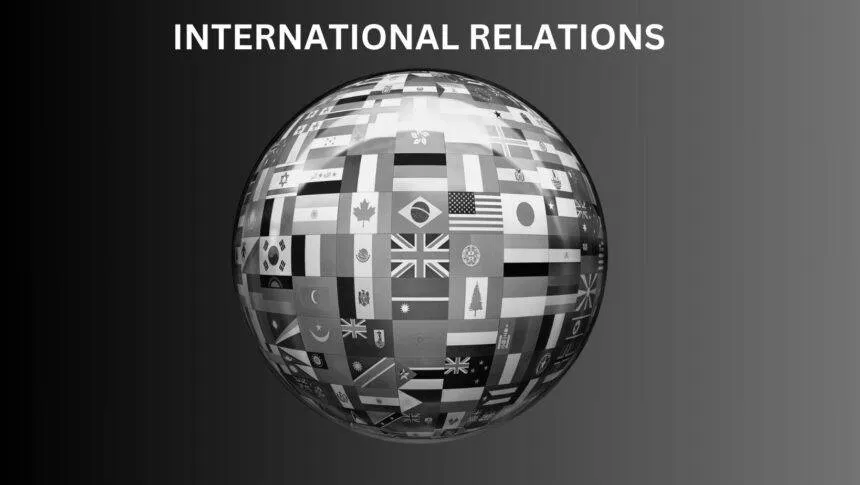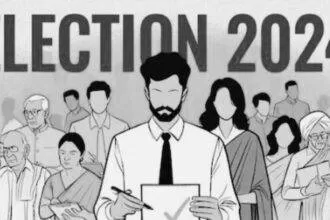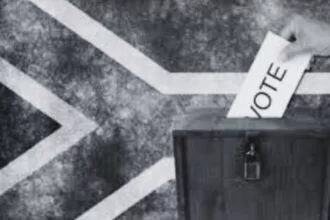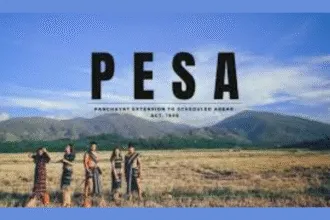A seven-member US Congressional delegation, led by the chair of the House Foreign Affairs Committee, Michael McCaul, visited Dharamshala, Himachal Pradesh, on June 19, 2024, where they called on the Dalai Lama and addressed the Tibetan parliament in exile. In their public meetings, the US lawmakers had advocated for Tibetan self-determination and asserted that Chinese interference in Dalai Lama’s succession wouldn’t be acceptable.
China had objected to the US delegation visiting Dharmashala by stating that “it is known that the 14th Dalai Lama is not a purely religious figure but a political exile engaged in anti-China separatist activities under the cloak of religion. We urge the US side to adhere to its commitments of recognizing Xizang as a part of China and not support its independence.”
The delegation moved to Delhi, where they called on the External Affairs Minister, S. Jaishankar and Prime Minister Narendra Modi. MEA spokesperson Randhir Jaiswal was asked if India endorsed the statement made by the US delegation on Indian soil and whether New Delhi continued to adhere to the ‘One China Policy’. The spokesperson didn’t answer this question straight but gave an omnibus reply. He stated that the Government of India’s position on His Holiness, the Dalai Lama, is clear and consistent. He is a revered religious leader and deeply respected by the people of India. His Holiness is accorded due courtesies and freedom to conduct his religious and spiritual activities”. He did not mention political activities.
Since 2009, the MEA has not publicly reiterated the ‘One China policy’, ‘but neither has it been repudiated. Articulating China’s objections, Chinese foreign ministry spokesperson Lin Jian had stated that it would brook no external interference”. “We urge the US to fully recognise the importance and high sensitivity of Xizang-related issues, earnestly respect the core interest of China, abide by the commitments it has made to China on Xizang-related issues, have no contact with the Dalai group in any form, and stop sending the wrong signal to the world”, he said.
It may be recalled that the US delegates meeting with the Dalai Lama is a part of Washington’s decades-long support to the Tibetan people and their rights to practice religion and culture that China has suppressed through its actions violating human rights in the Tibetan region. A bipartisan bill passed this month by the US House of Representatives seeks to push Beijing to hold dialogue with Tibetan leaders that has been stalled since 2010. The objective is to secure a negotiated agreement on Tibet and address Tibetan aspirations related to historical, cultural, religious and linguistic identity.
Among the delegations supporting the bill were its two authors and Nancy Pelosi, the former speaker of the House of Representatives. The Act is titled “Promoting a Resolution to the Tibet-China Dispute Act” or the Resolve Tibet Act.
Why did the visit infuriate China?
The US lawmakers meeting has infuriated China because it took place at a time when Beijing and the US are struggling to improve its all-time low which is likely to descend further. After meeting the Dalai Lama, Nancy Pelosi launched a scathing attack on China and dismissed President Xi Jinping. “His Holiness the Dalai Lama will live a long time, and his legacy will live forever, but you, the President, will be gone, and nobody will give you credit for anything”. “The Dalai Lama wouldn’t approve my saying this… that I am criticising the Chinese government. He would say, ‘Let’s pray for Nancy to rid her of a negative attitude’. But I hope he will indulge me today, saying change is on the way. As our colleagues have said, hope brings some faith and the faith of the Tibetan people, in the goodness of others, is giving to make all the difference…” Pelosi said. As regards the Resolve Tibet Act, she said that “this will say to the Chinese government: things have changed now, get ready for that”. Meanwhile, India and China are also having one of the frostiest phases in their bilateral relations ever since the 2016 Doklam and 2020 Galwan standoffs.
Joe Biden is expected to sign the Resolve Tibet Act soon, aiming to address the ongoing dispute. Although Washington considers the Tibetan Autonomous Region to be part of China, the Act proposes that Tibetans have a say in their own future. To add salt to injury, as it were, Michael McCaul, the Chief of the US delegation and one of the authors of the bill, told Reuters that “the visit should highlight the bipartisan support in the US Congress for Tibet to have a say in their own future”.
It is obvious that China sees the Dalai Lama as a separatist, which the Dalai Lama refuses, saying that he is genuinely interested in the autonomy of Tibet. Beijing says it will approve a successor to the present Dalai Lama a move which would strengthen its hold over the Himalayan region. Whereas the Dalai Lama asserts that only the Tibetan people can make that call, and his successor could be found in India.
Some commentators believe that the visit of the US lawmakers’ delegation is an election stunt by Biden. They can’t go against China and Russia. Chinese leadership feels that they own the entire world. Therefore, they may not like any leaders contacting each other without their consent.
Implications for India:
American lawmakers’ visit to the Dalai Lama at Himachal Pradesh was a rare visit. It was a well-orchestrated convergence of mutual interest of the USA, the Tibetans in exile, and the Indians. After having received the message, the Embassy of China in India warned the USA not to send the wrong signal. In X, the Chinese Mission posted, “We urge the US side to fully recognise the anti-China separatist nature of the Dalai group, honour the commitments the US has made to China on issues related to Xizang, stop sending the wrong signal to the world”. The post used the Beijing-imposed name Xizang for Tibet as part of its practice of renaming minority-populated regions in China to undermine their history, identity and culture.
Commentators have argued that the convergence of India and US is part of the message to China that if you do not respect our sensibilities, we won’t respect yours. It doesn’t seem to be sudden but in the making since 2020 when China inexplicably plunged the bilateral relationship to its lowest since 1962 with a confrontation in Ladakh. The India-China relationship has lacked mutual respect from the onset. History is replete with such instances. In 1954, the Panchsheel Treaty was signed between India and China, but in 1962, China attacked India. India unilaterally revived the relationship in 1976 by restoring ambassador-level ties, and in 1988, Rajiv Gandhi made a historic visit to China and in 2003, Atal Bihari Vajpayee formalised the acceptance of the One China policy. China never offered any reciprocity despite all the concessions from India. China neither settled the border nor acknowledged historical agreements. Instead, it opened a new front in Sikkim and waded into the Kashmir issue. India never overtly engaged with Taiwan or Tibetans. This risk-averse has not paid India over the years. The more India accommodates China, the more belligerent China becomes. India should be proactive; not reactive, with China. Without risks, India doesn’t have a chance to gain much in international politics.
- The Columnist is a Freelance Researcher on International Issues with a Ph.D and D.Litt in Political Science.
Comments
0 comments








